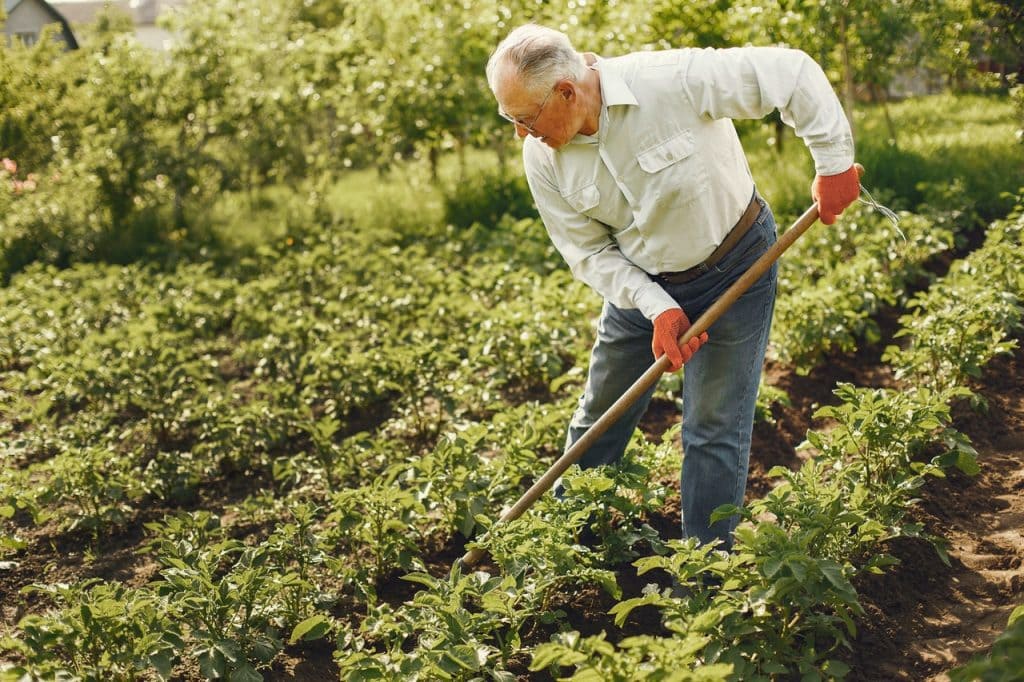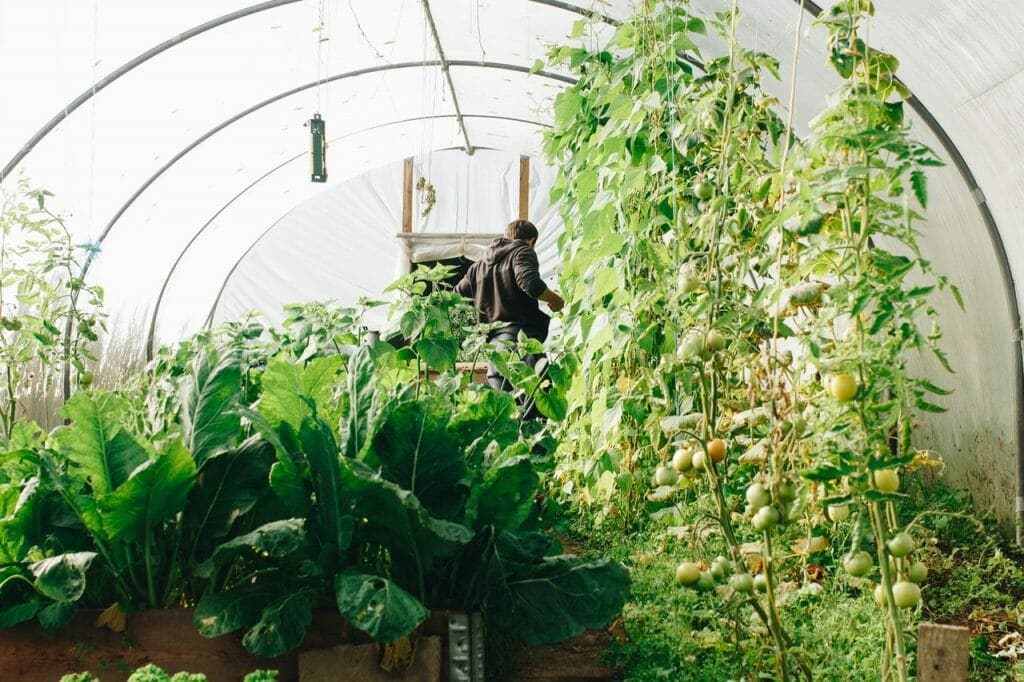You can use crushed eggshells as a drainage layer in plant containers. Eggshells can be added to the bottom of plant containers before planting seeds, and can be used again as a drainage layer in repots. Some home gardeners also use stones to help with drainage. When crushed, eggshells can be a rich source of calcium for tomato plants, which need calcium in their soil.
Are egg shells good for all plants?
Eggshells are a natural fertilizer that you can use for your indoor plants. You can crush the shells and pour them on the soil. Watering the plants will help the eggshells break down and enrich the soil. You should repeat this every few months. However, be careful not to overdo it because this could cause problems with the plants.
Eggshells can help with the prevention of blossom-end rot. They can also improve the growth of fruiting plants such as tomatoes. They also help control insects, like snails and slugs. The smell of eggshells also deters deer, which can be problematic for soft-bodied plants.
Eggshells contain calcium, which is important for healthy plant growth. The calcium carbonate found in eggshells helps strengthen the roots of plants. It can be added to the soil in the spring or ground in a mortar and pestle. The calcium in eggshells is best added to the soil above the roots.
Eggshells can also help you reduce the amount of soil you have on your plants. The organic matter found in eggshells attracts microorganisms, which will help break down the organic matter in your soil. It also contains enzymes, which help the decomposition process.
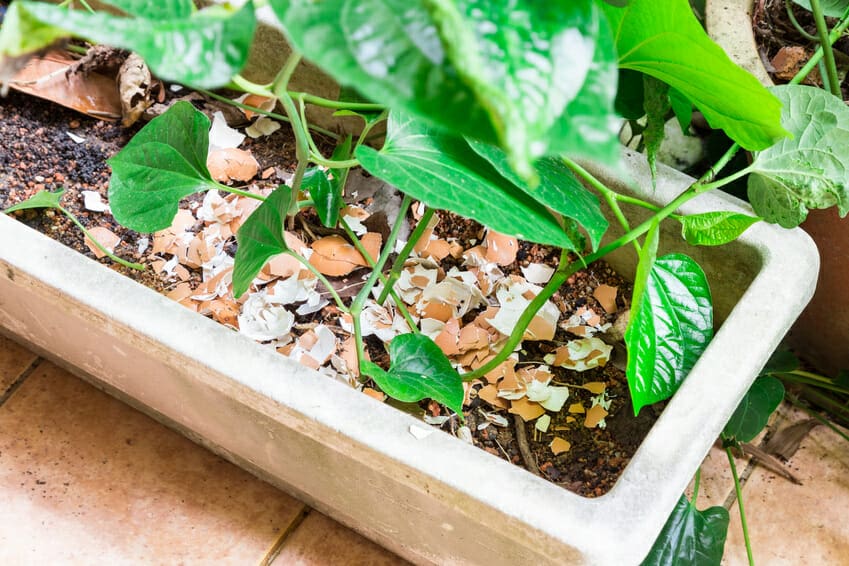
What house plants benefit from egg shells?
Eggshells are a great way to fertilize your houseplants. Made of calcium carbonate, eggshells add important minerals to soil. Plants need calcium because it helps build healthy cell walls. Eggshells can also be used to start seeds and start new plants. You can use a glass jar to collect eggshells and add them to the soil.
Eggshells are an excellent source of calcium and phosphorous, which are important for plant growth. You should always make sure that you dry the eggshells before you use them. This is because the raw eggshells tend to attract mold and pests. In addition, eggshells help maintain the pH level of the soil.
Eggshells are also a great source of potassium, which plants require. They also contain trace minerals and magnesium. You can use eggshells to feed your houseplants as part of their soil care routine. You can either crush the eggshells before applying them to the soil or blend them to make a fine powder. This powder will not harm your plants and will provide them with essential nutrients.
Eggshells can also be used to enrich the potting soil. They help plants retain nutrients and will increase their calcium content in the soil. To use eggshells as fertilizer, make sure that you clean and dry them first. You can do this by putting the eggshells in a sunny spot for a day or by placing them in an oven at 200 degrees for 10 minutes.
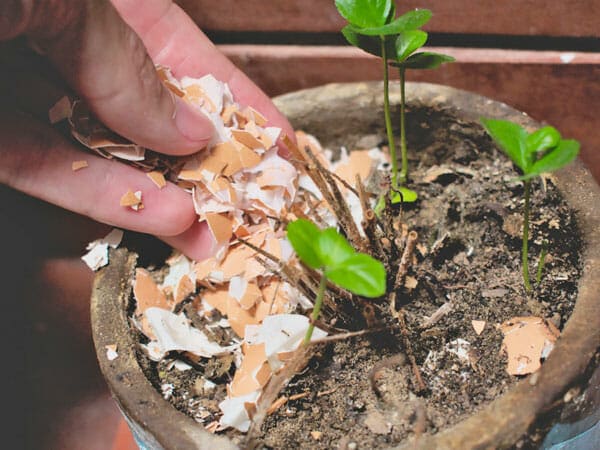
How do you fertilize plants with eggshells?
Eggshells are a great way to fertilize plants naturally. They are full of calcium, as well as many other micro and macro elements. You can use them to fertilize your plants by crushing them up and adding them to your soil. This method is very easy to use and does not require expensive fertilizer solutions.
You can use eggshell fertilizer for your indoor plants, as well as for your garden crops. Simply crush them and add a bit of water to get a solution that works for your soil. The eggshells will break down slowly in the soil, providing the nutrients your plants need. They will also aerate the soil and make it easier to grow.
Eggshells are also excellent for adjusting soil pH. The optimal pH level is 5.5-7. Anything less than this will make your soil more acidic. Acidity is bad for plants because it inhibits the absorption of nutrients and prevents the conversion of organic matter into humus. Eggshell fertilizer also helps balance pH levels so that plant roots have better access to nutrients and water.
Eggshells are rich in calcium, making them a great plant fertilizer. They can be used to fertilize a variety of plants, including tomatoes and peppers. You can even mix crushed eggshells with soil before the growing season starts so that the nutrients get absorbed more easily by your plants.
Can I put eggshells directly in my garden?
Eggshells are an excellent natural resource for your garden. You can use them immediately or store them until you need them. Read the Guide to Direct Composting to learn how easy it is to compost eggshells. Here are some of the benefits of eggshells for your garden.
Eggshells are rich in calcium carbonate, a mineral that plants need. The carbonic salt in eggshells increases the pH of soil and promotes healthy plant growth. Additionally, eggshells are a good source of magnesium, phosphorous, and potassium. They also help plants absorb water and nutrients more easily.
Crushed eggshells are a great way to add calcium to soil. However, they may not break down quickly. Therefore, it is advisable to wash eggshells thoroughly. This will help reduce the risk of attracting pests that may contaminate the soil.
Eggshells can also boost the mineral content of your compost heap. When added to your compost, they will release calcium and other nutrients into the soil.
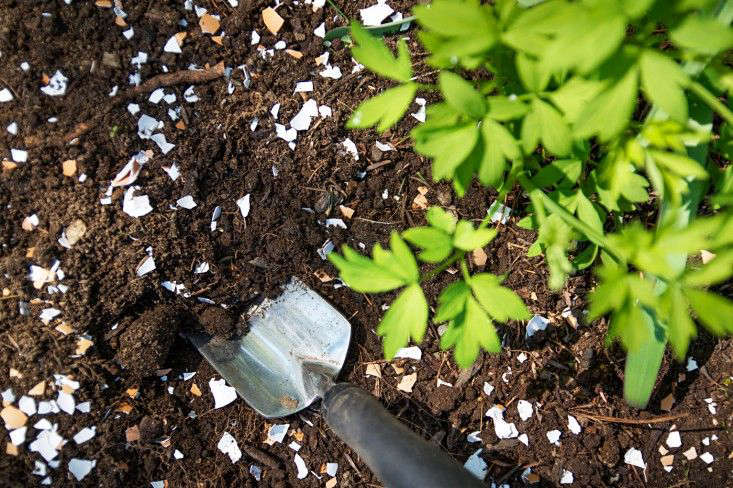
Can you put eggshells in potted plants?
Eggshells are great for potted plants. The small holes in the shells are great for drainage, and you can plant seeds in them. Plants benefit from eggshells because they are naturally nutritious. Eggshells should be placed in a warm place to prevent the protein film from deteriorating. You can also use eggshells to water your plants.
Eggshells are also beneficial for houseplants because they are full of calcium. These organic plant food sources are a great way to feed your houseplants without having to purchase a separate pot. You can grind eggshells into powder to use as a fertilizer. The process takes several months, so you should use eggshells only once or twice a year.
Eggshells should be thoroughly cleaned before they are used as a fertilizer. They contain calcium carbonate, which is essential for healthy plant growth. If you don’t have an eggshell grinder, you can use a mortar and pestle. Once ground, eggshells can be tilled into the soil. It may take several months for eggshells to break down completely, but you can start using them as fertilizer in the spring.
Eggshells can also be used as an organic pest control. Using eggshells can kill slugs, snails, and other insects. Eggshells can also help your plants grow healthier because they are rich in calcium.
How long do you boil eggshells for plants?
Plants can benefit from eggshells in various ways. They can act as a soil conditioner and a pest deterrent. Eggshells can be crushed into a fine powder and added to individual planting holes. They can also deter slugs and snails by having a sharp edge.
Eggshells can also be used as fertilizer for plants. The heat from boiling them releases amino acids and calcium. They are useful for all plants, though the method of application will differ depending on the type of plant. For example, if you want to use boiled eggshells on a fern plant, you should wait at least 24 hours before applying them.
Eggshells are a great way to enrich your soil with calcium, which helps your plants’ cells develop properly. Stronger cells mean a healthier, more stable plant that is resistant to diseases, pests, and poor living conditions. If you want to use eggshells as soil fertilizer, you must first clean them thoroughly. This will remove any bacteria that might live in the eggshells. Afterward, you can use them in soil amendments or compost.
Eggshells can be used for seed pots. To prepare the eggshells for planting, you should first clean them thoroughly with a soapy solution. Alternatively, you can use a coffee grinder or food processor to grind the eggshells into a fine powder. Once the eggshells have been thoroughly cleaned, you should mix them into the soil about a half inch deep. You can also crush empty eggshells using a heavy rolling pin.


